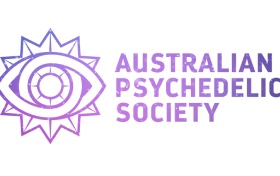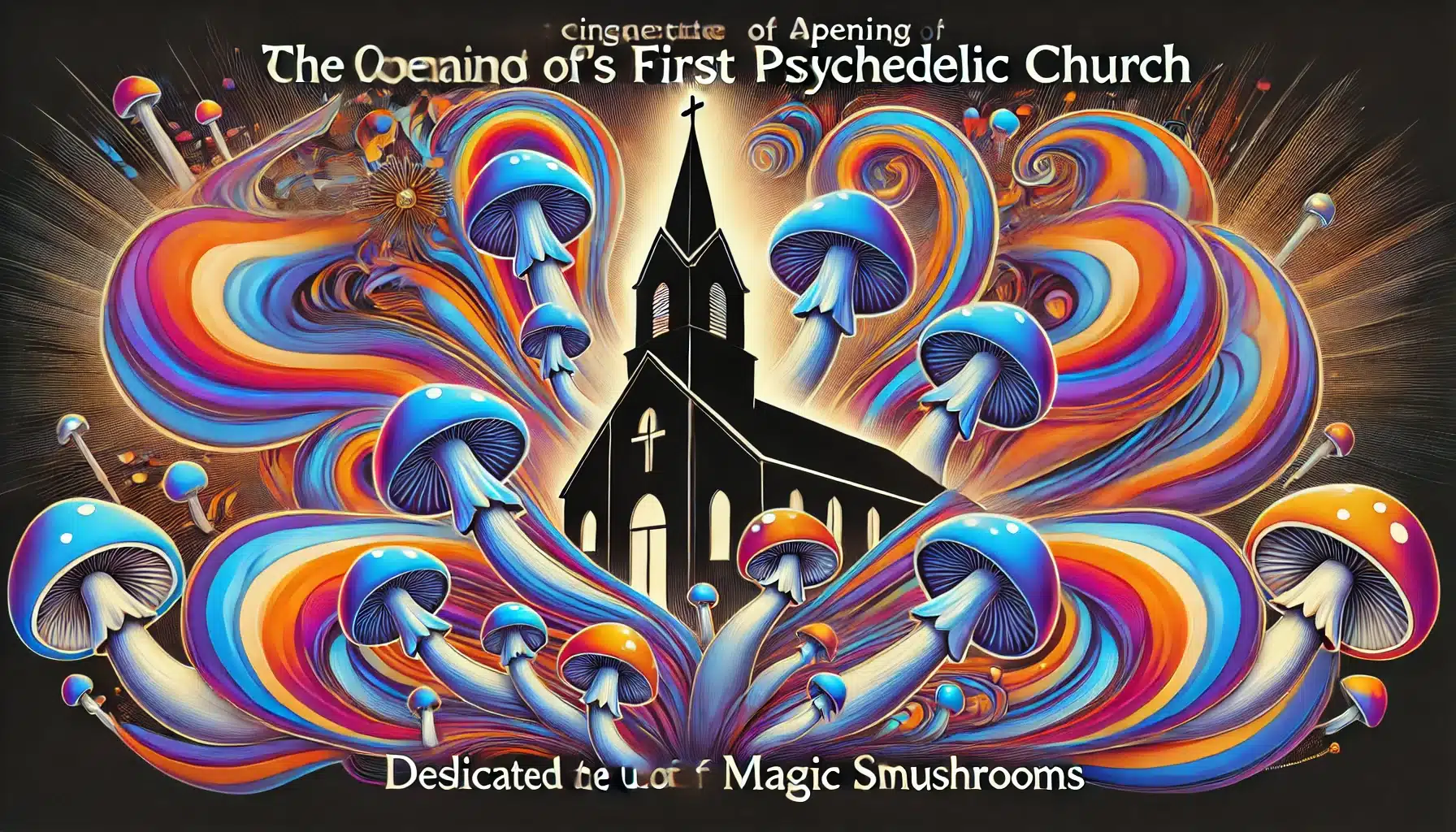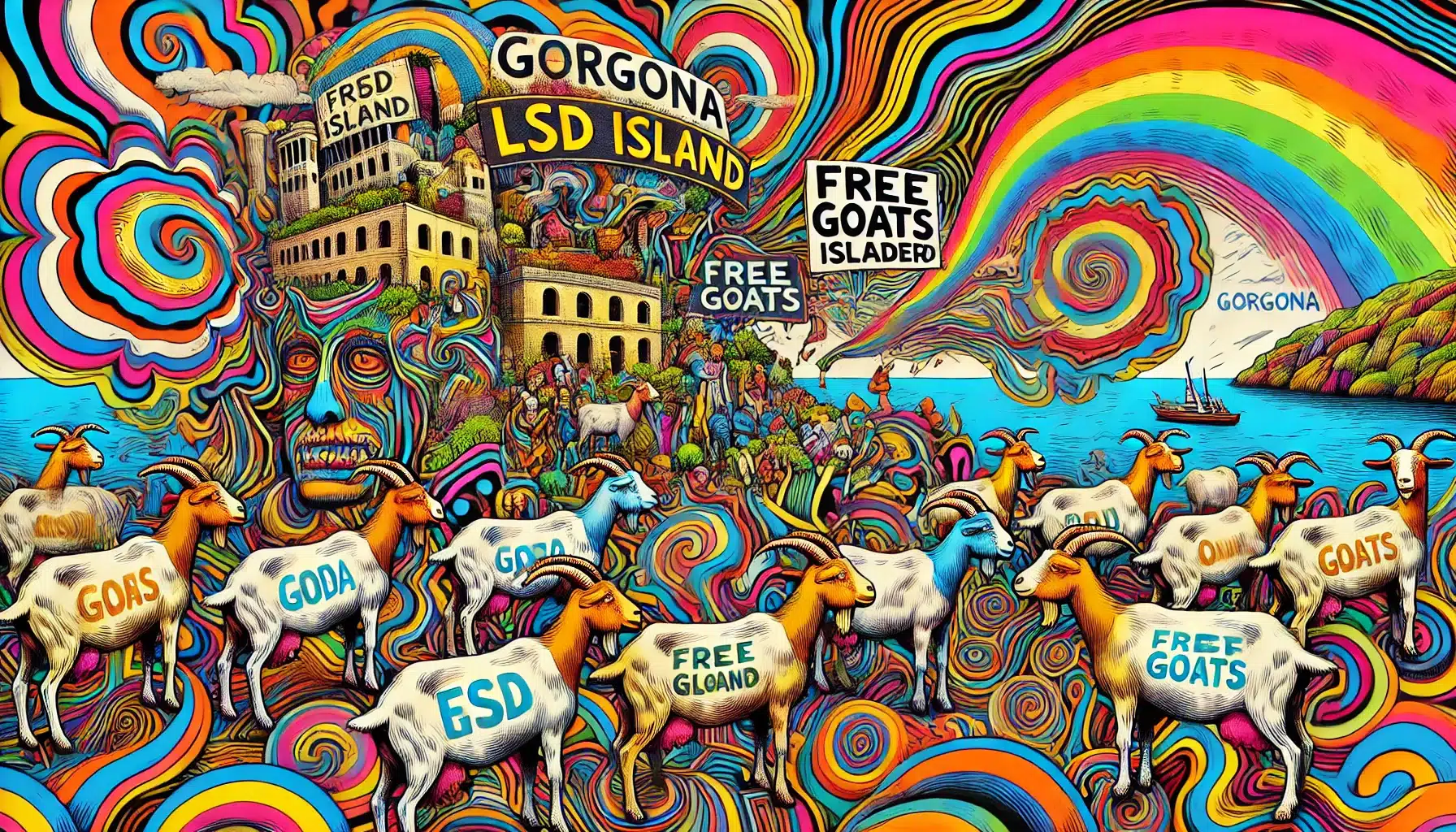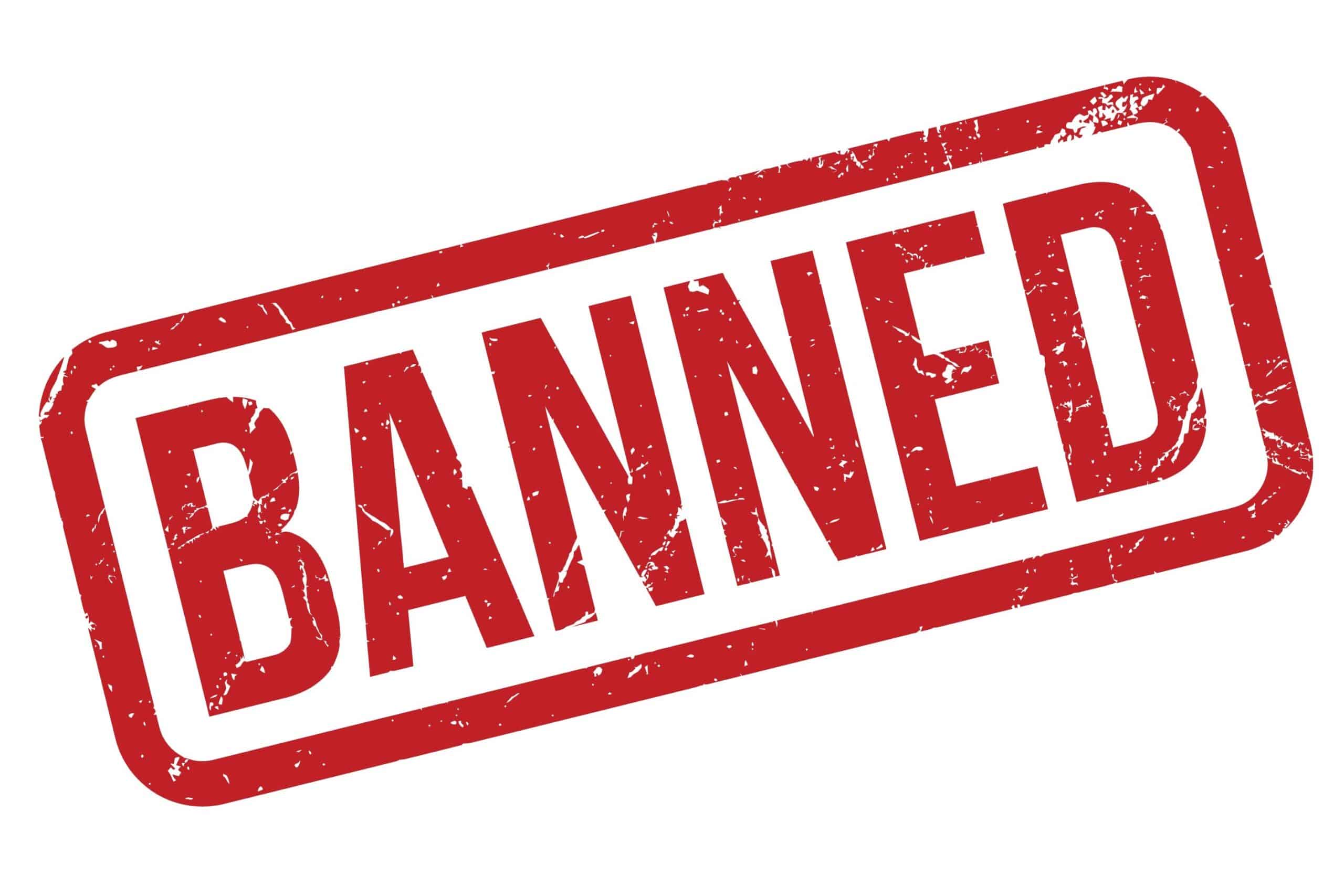The Therapeutic Goods Administration (TGA) has announced that Psilocybin and MDMA will be able to be prescribed by specially qualified psychiatrists for the treatment of particular mental health issues as of July 1, 2023.
This is a big deal! As Dr Stephen Bright points out, ‘This decision makes Australia the first country in the world to recognise MDMA and Psilocybin as medicines.’ This means people who would benefit from these therapies have a chance at accessing them through legal channels.
Read on to learn the facts of the TGA decision as well as the implications for patients and people who use psilocybin and MDMA in non-clinical settings.
Re-scheduling of psilocybin and MDMA in the Poisons Standard
Psilocybin and MDMA (3,4-methylenedioxy-methamphetamine)-containing medications can now be prescribed by specially qualified psychiatrists for the treatment of particular mental health issues as of July 1, 2023.
The TGA decision means that psilocybin and MDMA will be added to Schedule 8 (S8), permitting their use as Controlled Drugs. Psilocybin will be permitted only for treatment-resistant depression (TRD). MDMA will be permitted only for post-traumatic stress disorder (PTSD).
Psilocybin and MDMA will only be allowed to be prescribed by specialist psychiatrists under the following conditions: they must have approval from a Human Research Ethics Committee (HREC), and they must be authorised by the TGA under the Authorised Prescriber Scheme to prescribe the substances for these conditions.
The substances will also be available for approved clinical trials on treatment-resistant depression and PTSD.
The TGA states that psilocybin and MDMA are generally safe when used in a controlled environment under the supervision of properly qualified healthcare experts and in the dosages that have been studied in clinical trials. However, they also expressed a concern for patient vulnerability during the experience. Due to this, they determined that only psychiatrists who have been authorised under the Authorised Prescriber Scheme and are able to convince a Human Ethics Research Committee as well as the TGA that robust safety measures are in place to ensure patient safety should be eligible to prescribe.
Unauthorised possession of Psilocybin and MDMA as Schedule 8 drugs will remain illegal. Schedule 9 will be updated to keep current restrictions on all other uses of psilocybin and MDMA as prohibited substances. Due to their classification in state and territory legislation as drugs of dependence, dangerous drugs, or prohibited drugs, even though they are included in Schedule 8 of the Poisons Standard, the supply, use, or possession of psilocybin and MDMA may be illegal in some states and territories.
What This Means For Patient Access
Gaining access to psychiatrists is not easy, even for conventional treatments. In Victoria last year, patients were waiting up to six months to see a psychiatrist. Access for rural and regional patients remains difficult.
The Authorised Prescriber Scheme that psychiatrists need to go through to prescribe psilocybin or MDMA involves approval from both a human research ethics committee, and the TGA. We do not know how long this approval might take. But it’s safe to infer that for the next few years at least, very few psychiatrists will have gone through this process. So, there will not be many approved prescribers. Wait times could be much longer than for the average psychiatrist, though we would expect prescribers to prioritise patients with the greatest need.
In all likelihood, this will not be cheap either, particularly as psilocybin and MDMA are not on the PBS and are unlikely to be covered by any form of health insurance. Private psychiatric services are not well-funded by Medicare, and can cost up to $600 per hour.
We also note, as PRISM has expressed, that there are relatively few psychiatrists with specific training in psychedelic or MDMA-assisted therapy.
Finally, as the TGA has pointed out, it may be the case in some states that laws need to change to permit approved prescription of psilocybin or MDMA. This is likely the case in NSW, and we are assessing the impact in other states.
We flagged all of these potential issues when discussing potential rescheduling in May last year, and our expectations have not changed.
What This Means For Non-Clinical Use
In case it wasn’t obvious already, this does not mean that use, possession, growing or selling MDMA or psilocybin (in any form) are any less illegal than they were before. Telling the police that your bag of freshly picked shrooms or those couple of pingas in your pocket at a music festival are prescription medications is not going to get you out of trouble! Breaking the law remains a key risk associated with both of these substances. These changes do nothing to address this risk. The Australian Psychedelic Society remains committed to decriminalisation and related reforms to remove the criminal penalties for possession and use of illicit drugs and working towards safer supply.
We hope that the rescheduling will lead to a reduction in the stigma associated with these substances, and increased recognition of their potential benefits in both the general community and medical profession. But this also comes with the potential pitfall of psychedelics becoming something that psychiatry gets to play gatekeeper with. We do not feel that this would be an acceptable outcome.
Increases in community awareness of psychedelics bring their own complications, particularly when the medicines themselves are so hard to access legally. This decision makes education and harm-reduction work more important than ever before.
What Now?
The War on Drugs in Australia is not over. At best, it will be possible for those who would benefit from psilocybin or MDMA-assisted therapy to be able to access it without breaking the law. But this access will initially be slow and expensive.
Nonetheless, it’s a significant milestone to see our notoriously conservative national regulator recognise the therapeutic potential of these substances. It’s also noteworthy that the TGA is aware of the vulnerability of people during psychedelic experiences.
Even with this tiny step towards therapeutic access, many risks and much work remains. Maybe it’s too soon to be optimistic. But it feels like the right time to keep pushing hard for change that goes beyond the psychiatric profession, and gives us back a little more choice about what we put in our bodies and which experiences we have. If you’re interested in contributing to this, all you have to do is reach out – we need all the help we can get!
Source


 Cannabis News1 year ago
Cannabis News1 year ago
 One-Hit Wonders1 year ago
One-Hit Wonders1 year ago
 Cannabis 1012 years ago
Cannabis 1012 years ago
 drug testing9 months ago
drug testing9 months ago
 Marijuana Business Daily1 year ago
Marijuana Business Daily1 year ago
 Education2 years ago
Education2 years ago
 Cannabis1 year ago
Cannabis1 year ago
 California1 year ago
California1 year ago

















